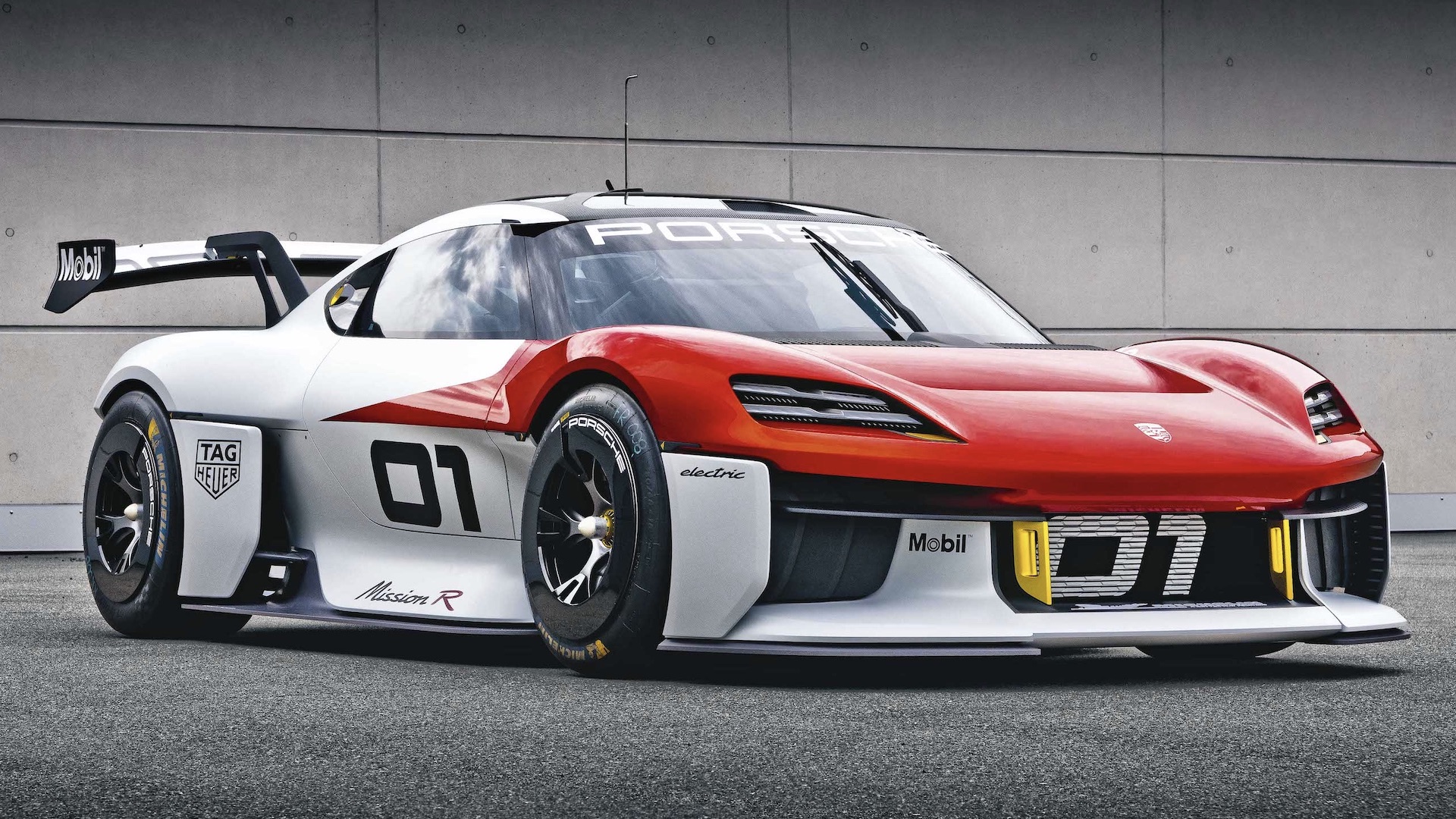

Climbing safety standards and extra technology have done unspeakable things to modern cars’ curb weights, sports cars included. Electrification isn’t helping either, with many performance EVs exceeding 4,000 pounds, and some soaring past 8,000. But you’ll never see any such EV come with a Porsche badge, not as long as Frank Moser remains in charge of the 718 and 911.
Speaking to The Drive, Moser said when it comes down to choosing between longer range and lower weight in electrified Porsche sports cars, he’d choose lower weight any day. Despite both the 718 and 911 adding mass over the years, low weight remains a part of their ethos, and that has to remain the case even as they electrify.
“We don’t want to win the championship in [electric] range,” Moser told us, speaking of the challenge of engineering an electric 718 Boxster and Cayman, “because we need to balance the ratio between weight and range.”
“We need good range, definitely, but that’s not the car to drive from Munich to Hamburg,” he continued. “It will be a suitable range, but as I said, the most important thing for me is to keep the weight down in two-door sports cars, even with electrification.”

The relationship between EV range and weight is rooted in the size of an EV’s battery, which offers diminishing range benefits as battery capacity grows. A 100 kilowatt-hour battery doesn’t give twice the range of a 50-kWh pack because it adds significant weight, which requires the car carrying it to be engineered for that weight. It’s a vicious cycle that introduces progressively more inefficiency and, in turn, compromises performance.
Extra weight inherently hampers acceleration, braking, and cornering, not to mention worsens brake and tire wear. There’s a reason why Lotus’s Colin Chapman had his famed maxim, “simplify, then add lightness.” Porsche understands the physics of performance cars better than almost any company, which is why Moser emphasized that “the weight must be as low as possible. We cannot make a two-ton, two-door sports car.”
“For us, the heritage of all our sports cars is they are light. They are light. That’s the main focus, to keep the weight down,” Moser continued. “But we have to consider the regulation stuff, concerning crash [safety], concerning pedestrian protection, concerning everything. That makes cars heavier. It’s really, really difficult to develop really light cars. Two-door sports cars need to be as light as possible.”

That goes not just for the 718, whose electric successor is approaching rapidly, but also the 911, even though it’ll keep a combustion engine for many years to come. Its forthcoming hybrid version will be the top performer of all 992s and likely the new GT2 RS, but an official 911 EV isn’t yet on the radar. That may in part be because—again—the 911 must remain light, according to Moser.
“The 911 is very special, it’s an icon,” Moser concluded. “For me the most important thing is, keep the car light, make it a really terrific sports car, and that’s the story of the 911 for the future.”
Got a tip or question for the author? You can reach them here: james@thedrive.com